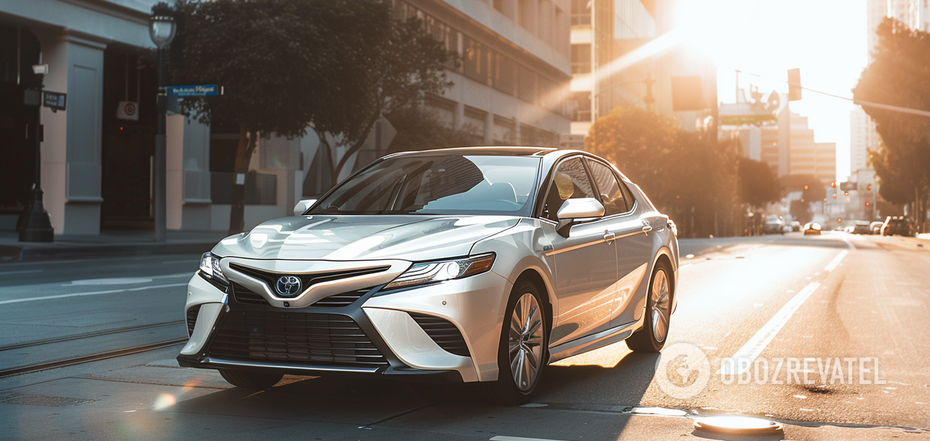News
Pros and cons of hybrid cars: everything you need to know before buying
Hybrid cars combine a traditional internal combustion engine and an electric propulsion system, which provides a number of significant advantages. First of all, it is fuel economy - hybrids consume less fuel, which is especially noticeable in urban environments where electric modes of operation are often used.
Experts explained the pros and cons of hybrid cars. These models are becoming very popular, especially among drivers who want to choose an electrified version without giving up comfortable driving with fuel power.
Advantages of hybrid cars
Fuel economy
Hybrid cars are designed to optimize fuel consumption. The combination of an internal combustion engine and an electric motor provides better mileage than conventional cars.
Reduced emissions
Thanks to the combined engine, hybrid cars produce lower levels of greenhouse gases, making them a greener transportation option. By relying more on the electric motor for low-speed travel, which is mostly urban, fuel consumption can be reduced. This, in turn, means fewer emissions into the atmosphere, which helps to reduce environmental pollution.
Regenerative braking
Most hybrid models feature regenerative braking, which returns energy during braking to recharge the vehicle's battery. This feature not only improves efficiency but also extends the life of the brake pads.
Reduced dependence on fuel
Since the electric motor of a hybrid model takes on most of the workload, it helps reduce dependence on gasoline or diesel, which can be a huge advantage in a time of frequent fuel price increases.
Other advantages include
- Smooth acceleration - the transition between engine modes is smooth, which ensures a comfortable ride;
- low noise level - in electric mode, hybrids operate almost silently, which is especially pleasant in urban environments;
- durability - due to the lower load on the internal combustion engine, hybrids usually have a longer service life.
Disadvantages of a hybrid car
Higher initial cost
One of the biggest problems with hybrid cars is that they are more expensive than fuel-powered cars. The pricing is influenced by advanced technology, dual drivetrain, and batteries.
The cost of battery replacement
Despite the fact that manufacturers provide a 6-8 year warranty, battery replacement can be expensive. Hybrid cars rely heavily on advanced batteries, and if they need to be replaced after the warranty expires, it can be costly.
Comprehensive maintenance
Hybrid cars have more advanced and complex systems, which means they require specialized mechanics and tools for maintenance. Brands have extensive networks, but not all of them are equipped with special equipment for hybrid repairs, which increases the cost of service.
Poor performance
Hybrid cars prioritize efficiency and emissions reduction over performance. The total power output is usually lower than that of conventional cars with a similar price.
Weight
Hybrids tend to be heavier than conventional versions due to the added weight of the battery and the dual drivetrain. This affects handling and acceleration, especially at high speeds.
Subscribe to the OBOZ.UA channels in Telegram and Viber to keep up with the latest events.



























